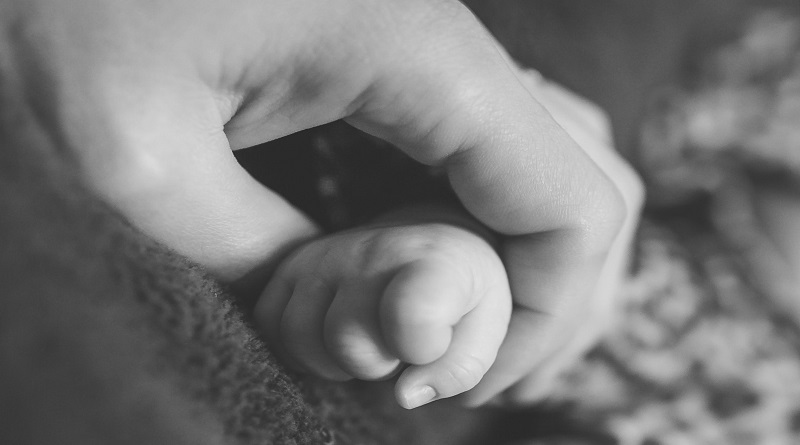Are you caring, kind, compassionate, energetic and have a love for working with children? Do you want to make a difference to children and their families in assisting in their treatment? Children’s nursing could be the right area for you.
What is children’s nursing?
Children’s nursing is a specialization of the nursing profession that works with children of all ages. It is also known as paediatric nursing and deals with the treatments of children from infancy to teens.
What third level courses are available?
Universities and colleges in Ireland are offering courses in the following subject areas:
- Children’s and General Nursing (Integrating) – DCU, TCD, UCC, UCD,
- CHildren’s Nursing Studies – Inchicore College of Further Education
Studying children’s nursing in college
There are a number of courses in this area at both undergraduate level and PLC level. PLC courses will typically be one year in length while undergraduate courses will be four to four and a half years depending on where you study. All courses will give you the necessary skills and requirements needed to work as a children’s nurse. THe undergraduate courses in Children’s Nursing are all integrated with general nursing.
In your first year of your course you will be introduced to the basics of children’s and general nursing and gain a strong foundation in the area. You will gain an insight into what will come in your course in the coming years and other areas you will cover. Modules and areas covered in this area include Sociological Concepts for Nursing, General Nursing Practice, Infection Prevention and Control for Nursing and Midwifery Practice, Social Inclusion and Health Policy, Fundamental Knowledge and Skills for Children’s Nursing Practice and The Foundations of Contemporary Children’s and General Nursing to name a few.
Your second year will introduce you to more in depth knowledge in border areas. Modules include Pharmacology and Medication Management for Nurses and Midwives, Research for Evidence Based Nursing and Midwifery Care, General Nursing with Adults and their Families, Therapeutic Interpersonal Relationships with Children and Adolescents and their Families, Nursing Children among other areas.
Third year will cover areas from Nursing Children, Adolescents and their Families with Acute and Continuing Care Needs, General Nursing with Adults and their Families and Health Promotion and Primary Health to Children and their Families – focusing on Oncology, End of Life and Palliative Care Contexts and Health, Ageing and the Life-Cycle to name a few.
In your final year you will mainly focus on your research project and practical placement as well as modules such as The Profession and Discipline of Nursing, quality and Professional Practice, Nursing Management of Seriously Ill Children, Adolescents and Adults and Leaders and Managers of the Future; Nursing Children, Adolescents and their Families as well as many more.
Different courses will differ in their exact course structure and modules. The above information is based on the Children’s and General Nursing course in UCC.
Career Options
Following on from a course in Children’s and General Nursing will have you equipped to work in the field in a variety of medical environments such as hospitals, clinics, respite facilities and many more areas.
Many in the area may continue on their study at postgraduate level and specialise in a particular area. If you wish to go on to other healthcare professions such as Occupational Therapy or Medicine, for example, you will have to take the HPAT exam. More information about that can be found below.
To work in this profession there are some skills and qualities that are essential. These include excellent communication skills, interpersonal skills, patience, a caring nature, kind, empathetic, a critical thinker, work well with others and work well under pressure, a desire to help others, stamina, passion, a problem solver, a love for working with children and energetic.
Related Jobs
- Children’s nurse/Paediatric Nurse
- General Nurse
- Psychiatric/Mental Health Nurse
- Intellectual Disability Nursing
- Care assistant
- Medical Assistant
- Midwife
- Occupational Therapist
- Physiotherapist
Further Study
Visit postgrad.ie for more information.
FAQ
Different courses and different colleges will have different entry requirements. It’s always safest to check with the individual higher education institution which is available on their websites. As a general rule Leaving Cert students should have a minimum of six subjects which should
include: Two H5 (Higher Level) grades and Four O6 (Ordinary Level) grades or four H7 (Higher Level) grades. Subjects must include Mathematics, Irish or another language, and English.
Certain QQI Awards in a relevant area are also accepted. These change from course to course so be sure to research further.
The highest points required for a course in Children’s and General Nursing were 510 points to study in Trinity College Dublin. The lowest points for the same course in Dublin CIty University were 498 points in 2020. Points are mostly between the 500-540 bracket.
Where can I study?
You can explore your options here.
Did you know?
- It is believed that nurses can walk more than 5k on an average shift
- There are around 78,000 nurses and midwives registered in Ireland
- International Nurses Day is May 12th
Resources












Comments